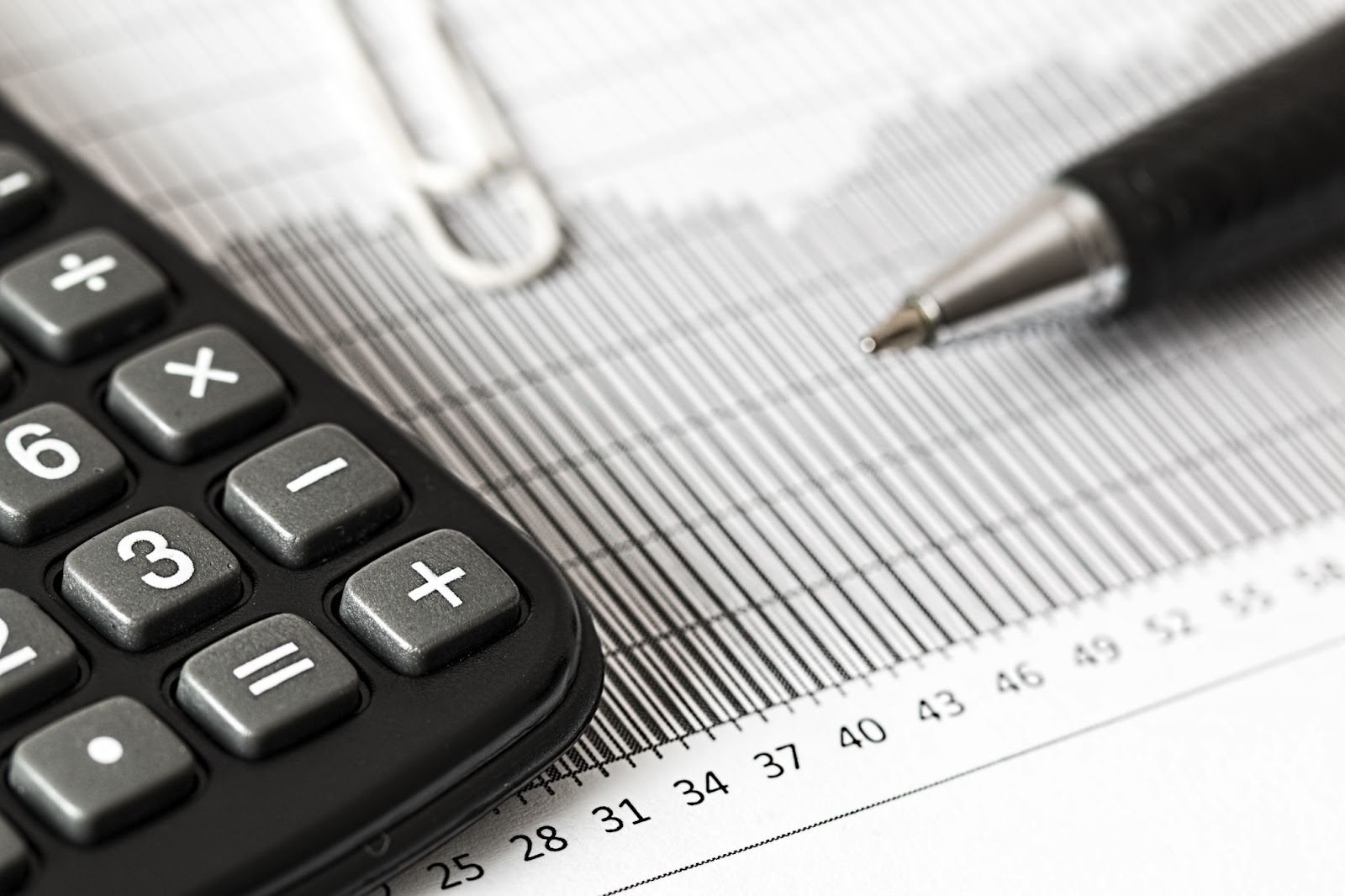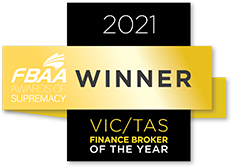EOFY is Here! How to Save Big!

It’s that fun time of year again. The end of the fiscal year on 30th June means tax planning should kick into high gear. If you own an investment property or work from home, you should know that in addition to income, you need to compile a list of expenses that can be written off to reduce your tax bill.
For the real estate investor, you might want to focus your rental property toward negative gearing, which means your expenses outpace your income on the rental property, allowing you to reduce your tax burden from your other income sources. Newly acquired investment properties often are a good source for negative gearing as you’ll have more expenses bringing them up to standards for leasing.
Deductible Expenses for Investment Properties
Nearly all expenses for investment property are tax-deductible, though major expenses such as renovations or large appliances will be spread over many years as depreciation. Also, keep in mind that deductions apply only during the time the property is rented, so if you live in the house for a portion of the year or it sits vacant, you can only deduct the percentage of the year it was generating rental income.
Among the expenses you can deduct for your investment property are:
- Interest paid on the mortgage: If you purchased the property in this fiscal year, you can include other closing costs.
- Property maintenance: This includes costs you pay for repairs, materials needed for repairs, cosmetic work such as painting, lawn care, etc.
- Rental expenses: This covers property management fees, advertisements, website fees, etc.
- Depreciating assets: Major items in the home such as heating-air conditioning systems, carpet, kitchen appliances, etc. These are depreciated over the expected life of the items, so they will vary.
- Capital work: Major renovations or even new construction fall in this category and generally depreciate for 25-40 years.
Home Office Deductions
Those working from home, either at their own business or through a corporate job, are also eligible for tax deductions beyond the mortgage interest.
Deductions for such items as internet service, home and/or mobile phone, utilities etc., do not require that you have a dedicated workspace or room in your home. You’ll just need to make the best estimate on what percentage of their use is business vs. personal.
If you do have a dedicated workspace or room, you also can deduct for depreciating items, such as office chairs, desks, computers, etc. If you did renovations to create the workspace, you also could depreciate that based upon the percentage of the square footage that is dedicated to working.
Another possibility is if you rent a room in your home, you can deduct a percentage of expenses, as an investor would, based upon the percentage of the square footage that is rented. If the renter has access to common areas, such as the living room, kitchen, or bathroom, you can add a percentage of their use to those deductions.
Keeping Complete Records
To claim deductions of your taxes, you should maintain good records for all expenses. You should keep copies of all bills and receipts that might be factored into the deductions.
Also, keep a record of how you calculate the percentage of the home space and services (i.e. internet, telephone, utilities) that are dedicated to working vs. personal use. For instance, if you spend an eight-hour work day using the internet and another couple of hours in the evening surfing the web or visiting social media, you could claim 80 percent of your internet bill. Your tax preparer should be able to give you assistance with these numbers.If you are just in the market for your first home or looking to invest in real estate, contact our experts about the best way to handle your mortgage needs.

